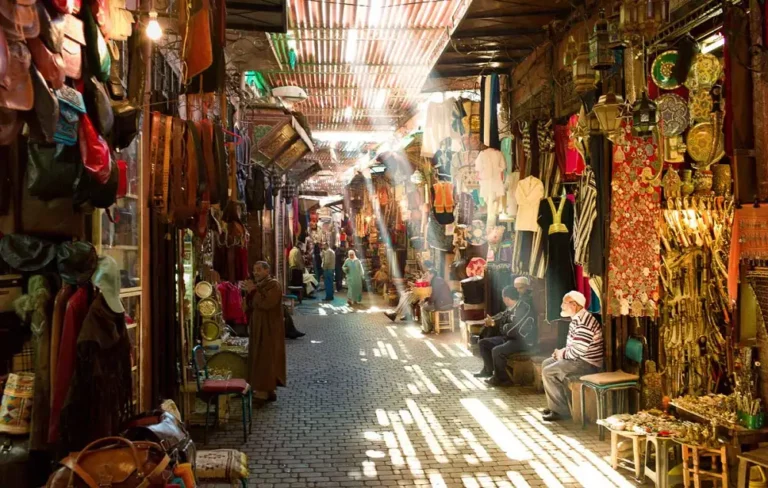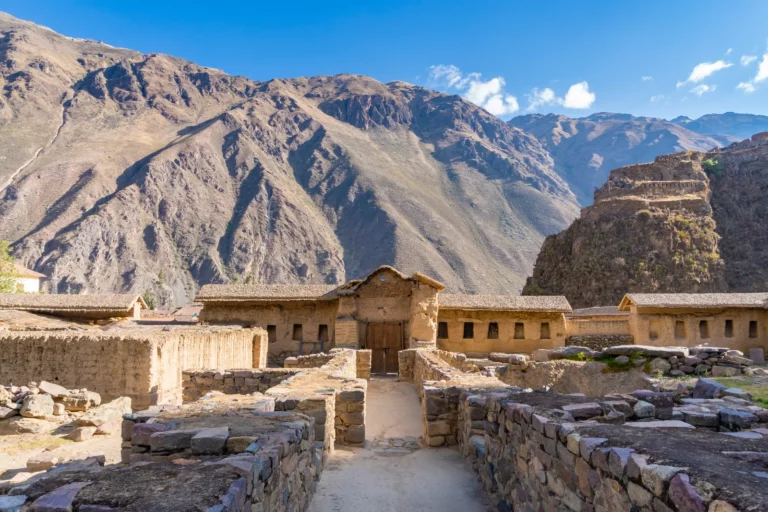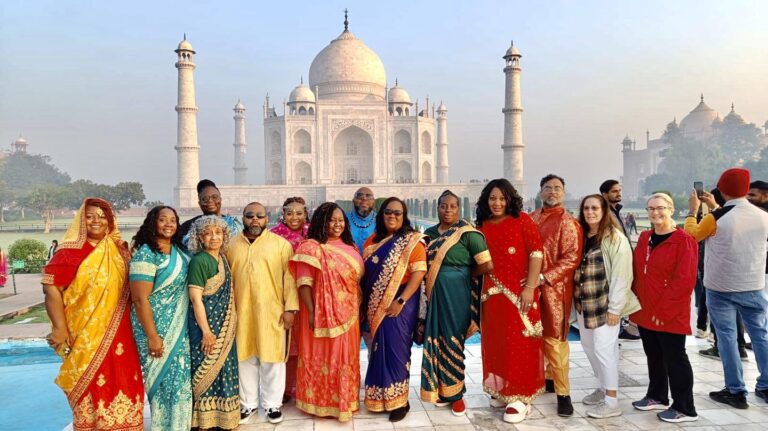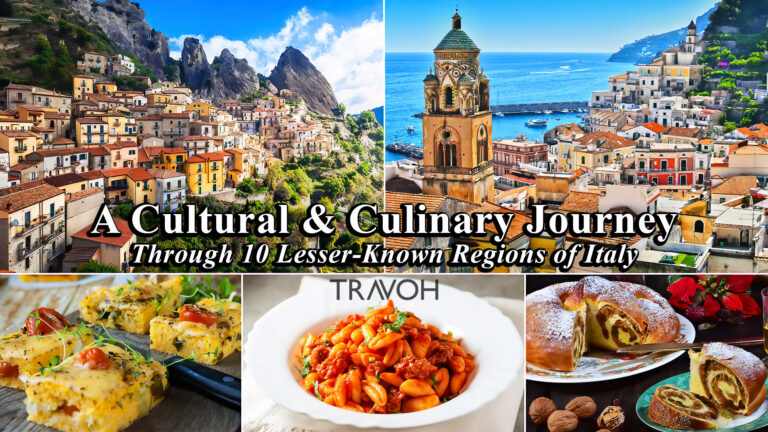Best Cultural Vacations: Discover Authentic Travel Experiences Around the World
Cultural vacations go far beyond sightseeing tours or resort getaways. They are designed to immerse travelers in the traditions, history, art, and daily life of a destination. The best cultural vacations are those that allow you to walk in the shoes of locals, taste authentic cuisine, engage in meaningful traditions, and gain insights into how communities live and thrive.
Instead of simply observing monuments or attending performances, cultural vacations invite participation. From cooking alongside a family in Italy to joining a festival in India or staying with artisans in Morocco, these trips transform travel into a deeply personal and educational journey. What makes them “the best” is the ability to combine authentic experiences with lasting connections that go beyond surface-level tourism.
The Rise of Cultural Travel in Modern Tourism

The concept of cultural vacations has grown rapidly in the past decade. Travelers are increasingly seeking experiences that provide meaning, authenticity, and sustainability. As globalization spreads, people want to better understand diversity while respecting local heritage. This has given rise to curated tours, immersive homestays, and community-based travel projects that prioritize culture as the centerpiece of vacation planning.
This shift is also influenced by younger generations who value experiences over possessions. Millennials and Gen Z, in particular, are more likely to invest in cultural immersion, volunteering abroad, and meaningful adventures rather than traditional holiday packages. The best cultural vacations reflect this trend by balancing comfort, adventure, and authenticity.
How Technology Shapes the Best Cultural Vacations
Technology has significantly shaped how cultural vacations are discovered, planned, and experienced. Online platforms allow travelers to connect directly with local hosts offering authentic experiences, from cooking classes to heritage tours. Mobile applications provide instant translation, interactive guides, and cultural background information, making it easier to navigate unfamiliar environments.
Virtual reality previews and digital storytelling also inspire travelers to choose cultural experiences before they book. Social media has played a major role in promoting authentic travel, with influencers and travelers sharing stories that highlight cultural depth rather than commercialized tourism. Technology bridges the gap between convenience and authenticity, enabling cultural vacations to reach broader audiences while maintaining personal connections.
Real-World Examples of the Best Cultural Vacations
Italian Culinary and Village Tours
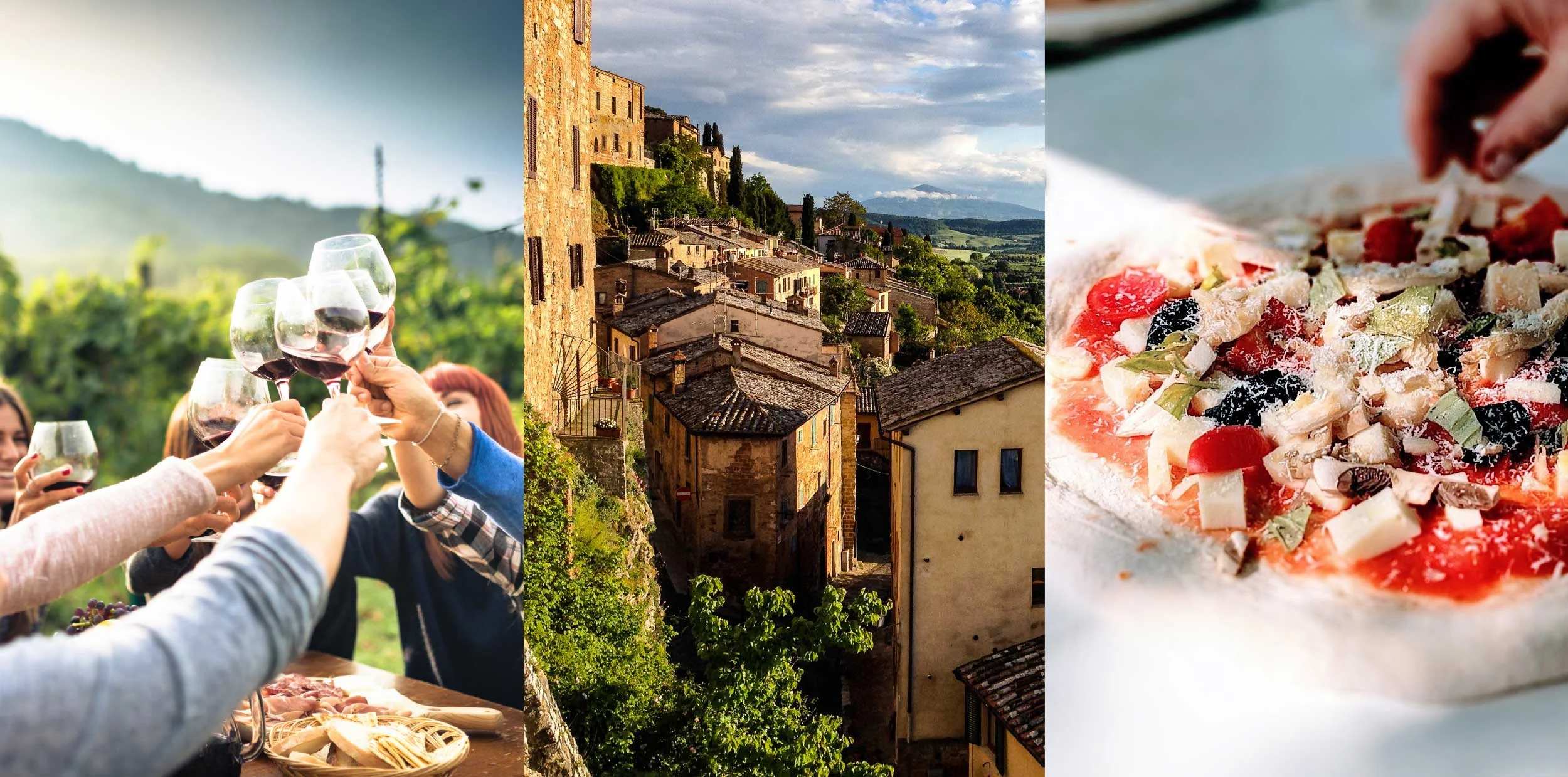
Italy is world-renowned for food, but the best cultural vacations here go beyond dining at restaurants. Culinary-focused tours bring travelers into kitchens of local families and villages where recipes are passed down through generations. These vacations may include pasta-making workshops in Tuscany, olive harvesting in Umbria, or truffle hunting in Piedmont.
The immersion is not only about food but also about the traditions tied to it. Guests often join in conversations about history, family stories, and the cultural significance of Italian cuisine. This kind of travel creates deep appreciation for how gastronomy and heritage are intertwined.
Japan Temple and Tea Ceremony Experiences
Japan offers some of the best cultural vacations through its preservation of tradition and balance with modernity. Travelers can take part in tea ceremonies led by masters, stay in ryokan (traditional inns), and explore centuries-old temples in Kyoto or Nara.
Participating in these rituals is more than sightseeing; it’s about understanding respect, harmony, and mindfulness that form the core of Japanese culture. The slower pace of such vacations encourages travelers to reflect and connect with traditions often overlooked in mainstream tourism.
Peruvian Andean Homestays and Festivals

In Peru, cultural vacations often involve living with families in the Andes, sharing meals, and learning about agricultural practices that have been preserved for centuries. These trips also coincide with vibrant festivals such as Inti Raymi, the Festival of the Sun, where locals celebrate ancient Incan traditions.
Travelers gain firsthand exposure to the relationship between land, spirituality, and community. It’s not simply about Machu Picchu but about connecting with the people who maintain traditions that enrich Peru’s heritage.
Moroccan Artisan and Market Experiences
Morocco is another destination known for cultural immersion. Travelers may spend time with artisans learning pottery, weaving, or leather-making in Fez and Marrakech. Exploring souks (markets) is not just about shopping but about understanding centuries-old trade practices and their role in community life.
The sensory experience of colors, aromas, and sounds creates a multi-dimensional immersion. By learning directly from artisans, visitors support local crafts while appreciating the dedication and artistry embedded in Moroccan culture.
India’s Festival and Spiritual Journeys
India provides some of the most vibrant cultural vacations in the world. From participating in Holi, the festival of colors, to joining meditation retreats in Rishikesh or visiting centuries-old temples in Varanasi, every experience is deeply connected to culture and spirituality.
Travelers who join these events often walk away with new perspectives on community, tradition, and human connection. Cultural vacations in India are particularly transformative because they combine sensory overload with profound meaning.
Benefits of Choosing Cultural Vacations
Cultural vacations offer numerous benefits that extend beyond relaxation. They promote empathy, understanding, and global awareness by exposing travelers to diverse lifestyles. These experiences help break stereotypes and encourage respect for differences, fostering connections between people across borders.
Another benefit is personal growth. Travelers gain skills such as adaptability, resilience, and cross-cultural communication. Families often find cultural vacations particularly enriching for children, who develop early exposure to global diversity and tolerance.
From a sustainability perspective, cultural vacations support local economies more directly. Money spent in homestays, artisan workshops, and family-run businesses flows back into communities, empowering them to preserve traditions and heritage.
Practical Use Cases for Cultural Vacations
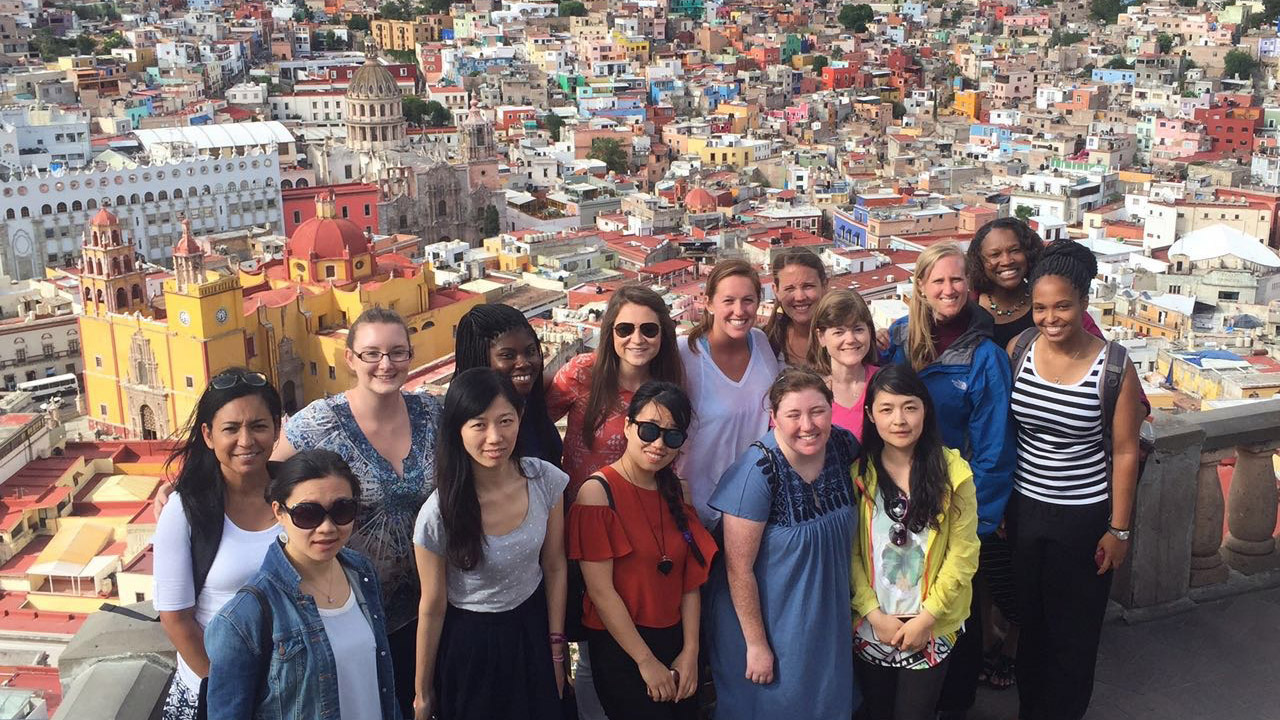
For students, cultural vacations serve as experiential learning opportunities. Immersion in a new culture strengthens language skills, enhances academic perspectives, and builds resilience for future careers.
Professionals benefit by gaining cultural intelligence, a skill increasingly valuable in globalized workplaces. Understanding nuances in communication, etiquette, and tradition can make or break international business relationships.
Families use cultural vacations as bonding opportunities that combine fun with education. Children learn the importance of respect, patience, and curiosity through interactions with other cultures. Retirees may also find cultural vacations fulfilling, as they provide a chance to pursue lifelong learning and meaningful exploration.
Challenges and Misconceptions About Cultural Vacations
A common misconception is that cultural vacations require extensive travel to remote places. In reality, authentic experiences can be found in both urban and rural areas. Another misconception is that cultural vacations lack comfort; many are designed to balance immersion with modern amenities.
Challenges such as language barriers and cultural differences can arise, but these are integral to the learning process. With open-mindedness and preparation, travelers often find that these challenges become highlights of their journey rather than obstacles.
FAQs
What makes a vacation a “cultural vacation”?
A cultural vacation emphasizes authentic engagement with local traditions, people, and lifestyles, rather than focusing solely on tourist attractions.
Are cultural vacations suitable for families?
Yes, many cultural vacations are family-friendly, offering hands-on activities like cooking, crafts, and festivals that both adults and children can enjoy.
Do I need prior cultural knowledge before going on a cultural vacation?
Not at all. Cultural vacations are designed to introduce you to new ways of life. A willingness to learn and respect local traditions is all that’s needed.
